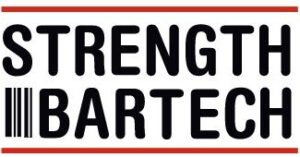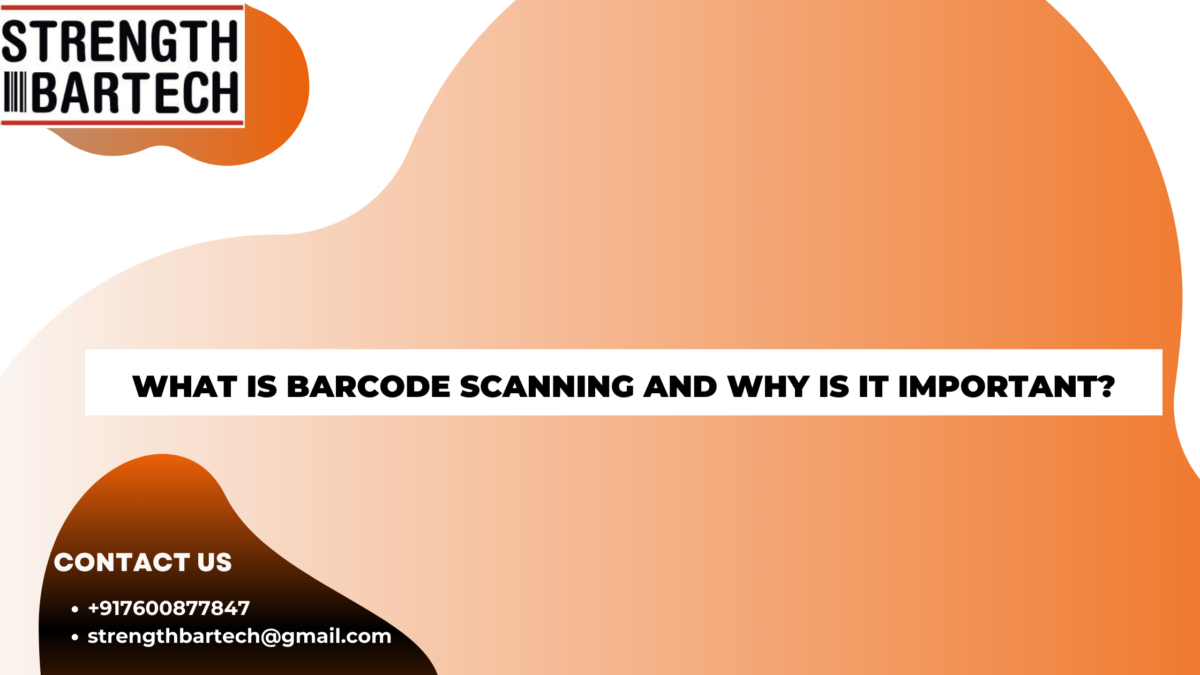Barcodes have become an integral part of our daily lives, revolutionizing various industries through their simple yet impactful technology. From retail stores to healthcare facilities and logistics companies, the use of barcode scanning has significantly transformed operations, enhancing efficiency and accuracy.
What is Barcode Scanner?
A barcode scanner is a device designed to read and interpret the information encoded in barcodes. It’s an integral component of the barcode system, playing a crucial role in various industries, including retail, healthcare, logistics, and more.
Introduction to Barcode Scanning
Barcode scanning involves the use of optical machine-readable representation of data, typically in the form of parallel lines varying in widths and spaces between them. These codes are scanned by a device, interpreting the information encoded within and providing quick access to relevant data. The concept of barcodes dates back to the late 1940s, and their evolution has been remarkable, adapting to technological advancements over time.
The Functionality of Barcode Scanning
At its core, barcode scanning functions by utilizing a scanner or reader device that emits a light source onto the barcode. The reflected light is then captured by a photosensitive receiver, converting the pattern into electrical signals. This data is further decoded by specialized software, unveiling information such as product details, inventory counts, or patient records. Various types of scanners exist, including handheld scanners, mobile devices with built-in cameras, and fixed-mount scanners in retail checkout counters, each catering to different needs and environments.
The advantages of barcode scanning are multifaceted. It significantly reduces human error, accelerates data input, and streamlines processes. In retail, it expedites checkouts, tracks inventory, and enables efficient management of stock levels. In healthcare, barcodes on patient wristbands or medications enhance safety by ensuring accurate identification and administration.
Applications of Barcode Scanning
The applications of barcode scanning are diverse and widespread. In the retail sector, barcodes facilitate smooth transactions and inventory management, ensuring that products are easily tracked, reducing instances of stockouts or overstocking. In the healthcare industry, barcodes on medications and patient IDs help in accurate medication administration and record-keeping, reducing errors and improving patient safety. Furthermore, logistics and supply chain operations rely heavily on barcodes for efficient tracking, sorting, and delivery of goods.
Benefits and Importance of Barcode Scanning
The benefits of barcode scanning extend beyond operational efficiency. It leads to increased accuracy in data collection, enabling better decision-making. The cost-effectiveness of implementing barcode technology is evident as it reduces labor costs associated with manual data entry and inventory checks. Additionally, it enhances data management by providing real-time information, aiding in forecasting and strategic planning.
Challenges and Limitations
Despite its advantages, barcode scanning faces challenges. Environmental concerns arise due to the disposal of barcode labels, often made of non-biodegradable materials. Compatibility issues may arise when using different types of barcodes or scanners that might not read certain formats. Moreover, security risks can emerge from counterfeit barcodes, leading to potential fraud or unauthorized access.
Future Trends in Barcode Scanning
The future of barcode scanning looks promising with technological advancements. Innovations such as 2D barcodes, RFID (Radio-Frequency Identification), and AI-powered scanning systems are on the horizon. Integration with IoT (Internet of Things) and blockchain technology may further revolutionize the way barcodes are utilized, enhancing their capabilities and expanding their applications.
Conclusion
Barcode scanning has evolved into a pivotal technology, indispensable in various industries. Its significance lies in its ability to enhance efficiency, accuracy, and data management, thereby positively impacting operational processes. As technology progresses, the future holds exciting prospects for further innovations and integrations in barcode scanning. Want to buy barcode scanner? Consult the best barcode scanner supplier in India.
For any queries or booking, Visit the Contact Us page!
FAQs (Frequently Asked Questions):
1. Why is barcode scanning important in retail?
– Barcode scanning in retail streamlines transactions, manages inventory efficiently, and reduces errors in stock management.
2. What are the environmental concerns associated with barcode scanning?
– The disposal of non-biodegradable barcode labels contributes to environmental issues related to waste management.
3. How does barcode scanning improve healthcare practices?
– In healthcare, barcode scanning ensures accurate patient identification, medication administration, and record-keeping, improving patient safety.
4. What are the challenges of barcode scanning technology?
– Challenges include compatibility issues, environmental concerns, and potential security risks from counterfeit barcodes.
5. What future innovations are expected in barcode scanning?
– Advancements such as 2D barcodes, RFID, AI-powered scanning, and integration with IoT and blockchain are anticipated in barcode scanning technology.

